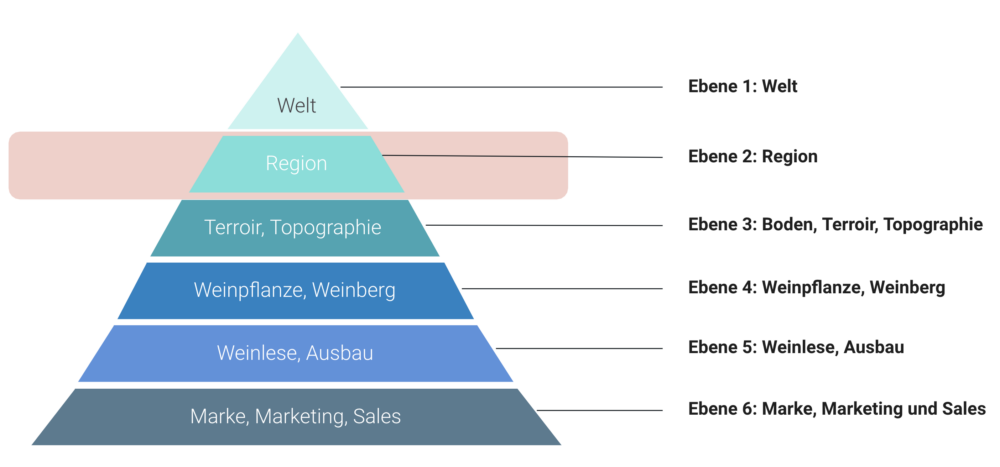In addition to the climatic conditions and global political developments and the necessary adjustments arising from them, the implementation of digitization and electrification trends is crucial for viticulture at Level 2.
 Regional legal frameworks impact viticulture in various ways, from planting regulations to wine processing. In this context, digitization and electrification provide vineyard enterprises with innovative tools to adapt flexibly to regional laws while enhancing their efficiency. Here are some ways in which digital technologies can be utilized.
Regional legal frameworks impact viticulture in various ways, from planting regulations to wine processing. In this context, digitization and electrification provide vineyard enterprises with innovative tools to adapt flexibly to regional laws while enhancing their efficiency. Here are some ways in which digital technologies can be utilized.
Energy Management: Controlling Smart Grids
- Digital tools enable efficient energy management by controlling Smart Grids.
- This intelligent energy management helps optimize energy consumption and reduce costs.
Compliance Monitoring
- Digital sensors can be employed to monitor irrigation processes.
- Ensuring compliance with legal requirements regarding irrigation and other cultivation aspects.
Production Efficiency Enhancement
- Digital tools optimize production processes, contributing to increased efficiency.
- Costs can be reduced, and resources can be utilized more effectively.
Development of New Products and Services
- Digital technologies enable the application of innovations, such as the development of new wine varieties.
- Opening up new distribution channels through digital marketing strategies.
By skillfully utilizing digital technologies, vineyard enterprises can improve their adaptability to regional legal frameworks, thereby gaining a competitive advantage. Flexibility to quickly respond to new regulations while integrating innovative approaches in production significantly contributes to the sustainability and competitiveness of the wine industry. Thus, digitization and electrification not only represent tools but also key factors for the future of modern viticulture. Feel free to contact us. We have solutions for you!



